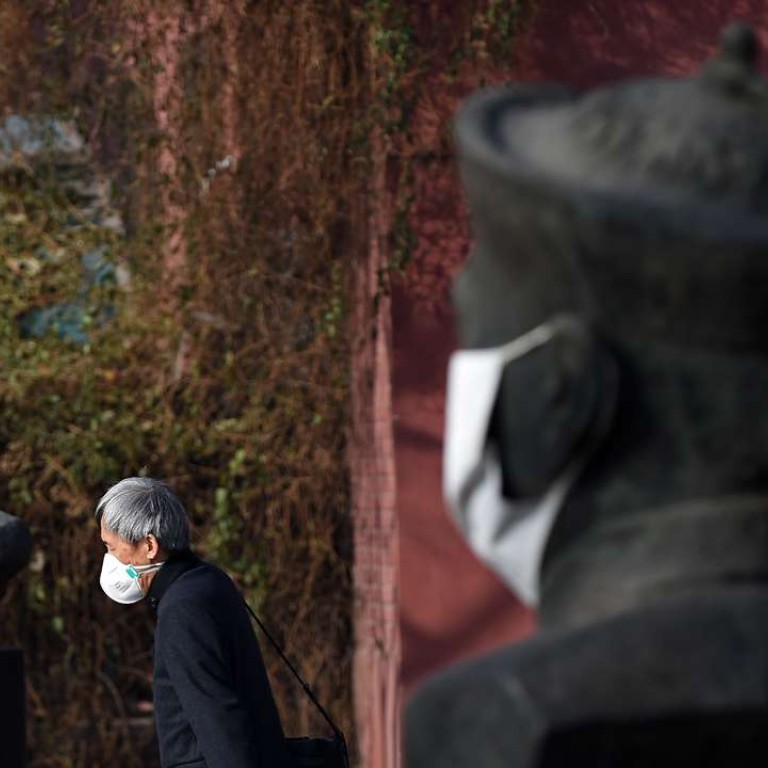
Why China hesitates to take on global climate ‘leadership’ role
Expectations are building Beijing will steer the world through the environmental crisis, but a veteran of negotiations says the nation prefers ‘contributing’ to the effort
Hopes are building that China will take the key role in tackling climate change amid the policy uncertainties of the Trump presidency in the US, but a veteran Chinese climate diplomat has warned Beijing might have a different understanding of what “leadership” means.
Zou Ji, from the National Centre for Climate Change Strategy and International Cooperation, said “in the context of Western media reports”, leadership meant China was expected to pledge deeper emission cuts and more help with climate financing, especially contributions to the Green Climate Fund. The United Nations financing programme is intended to support efforts to mitigate climate change and help poorer countries adapt.
We’re more comfortable talking about ‘contribution’
But Chinese officials had a different understanding of what a leadership role meant, which was why they remained cautious in responding to the increased expectations, Zou said.
“So far China has not made its official stance on climate leadership clear, because [we] have a different understanding of the term ‘leadership’. We’re more comfortable talking about ‘contribution’,” he said in Beijing on Thursday on the sidelines of a panel discussion on China’s role in global climate governance.
Zou was a key member of the Chinese climate negotiation delegation for more than a decade until last year. He did not take part in this year’s negotiations in Marrakech, Morocco last month, and his views do not represent the official stance. Still, his comments shed light on how the world’s largest carbon polluter views the challenge of containing emissions.

But China still saw itself as a developing nation and was not likely to take on the obligations of industrialised nations, such as contributing to the green fund, he said.
The US is the wealthiest major emitter of greenhouse gases and has promised more than US$3 billion to the fund, but Donald Trump’s election victory could lead to a funding void. Trump pledged while campaigning to withdraw the US from the Paris Agreement, which seeks to limit global temperature rises to below 2 degrees Celsius.
Zou said even if Beijing wanted to provide financing, it would be voluntary, through “reciprocal cooperation” between developing nations and likely offered in the form of investments. Still, Zou and other scholars joining the debate agree China will commit to its Paris pledges as the goals were in line with the country’s development interests and would boost its soft power.
Under the Trump presidency, such cooperation is set to ebb … and China needs to rethink its strategy
Shi Yinhong, a professor of international relations at Renmin University, said climate change had emerged as one of the few achievements in Sino-US cooperation in recent years, as both President Xi Jinping and his US counterpart Barack Obama were unwilling to compromise on others issues such as the South China Sea row and North Korea. “Under the Trump presidency, such cooperation is set to ebb … and China needs to rethink its strategy,” Shi said.

